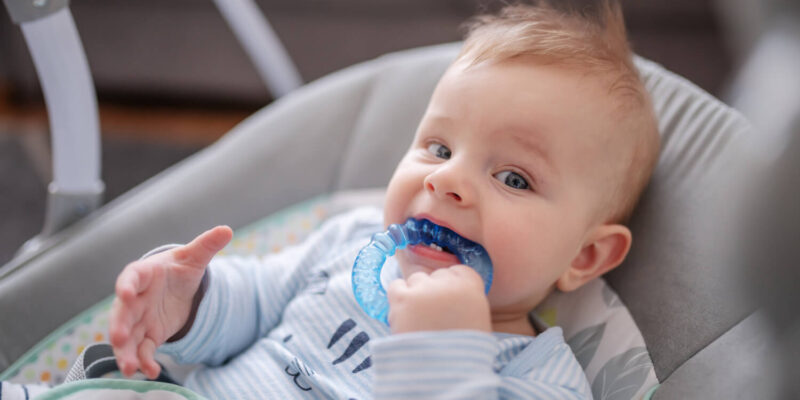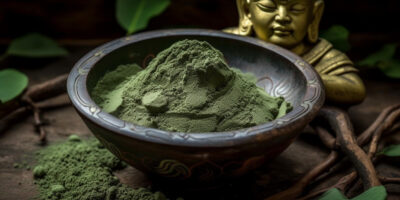When it comes to babies, sleep is a topic that often frustrates or fascinates new parents. One of the many factors that can impact an infant’s sleep patterns is teething. During this natural developmental process, babies may experience more pain and discomfort than usual, potentially leading to increased sleep disruptions. In this article, we will explore the correlation between teething and sleep and examine how parents can better understand and support their infants during this stage.
Understanding Teething in Babies
Teething refers to the eruption of teeth from a baby’s gums as they grow. This process usually begins around 6 months of age but can occur earlier or later for some children. The first set of teeth, known as primary or baby teeth, typically come in pairs, with the lower central incisors being the first to appear, followed by the upper central incisors. By the time a child reaches three years old, they should have all 20 of their primary teeth.
The Signs and Symptoms of Teething
While each baby’s experience with teething may differ, common signs and symptoms include:
- Irritability and fussiness
- Gum swelling and redness
- Drooling
- Chewing on objects
- Decreased appetite
- Disturbed sleep
It is essential for parents to recognize these signs so they can provide appropriate comfort measures and monitor their baby’s overall well-being.
How Teething Influences Sleep in Babies
Teething can create significant discomfort for infants, which may in turn affect their ability to fall asleep and stay asleep. The pain associated with teething typically intensifies during the late afternoon and evening hours, leading to increased fussiness and restlessness when babies are trying to settle down for bed.
Why Some Babies May Sleep More When Teething
While many parents report that their baby’s sleep patterns are disrupted during teething, some notice an increase in their infant’s sleep duration. This phenomenon could be attributed to several factors:
- Fatigue from disrupted sleep: If a baby has been experiencing multiple nights of interrupted sleep due to teething pain, they might become more fatigued than usual and need extra sleep to recover.
- Soothing effect of sleep: For some babies, sleep serves as a natural pain reliever. Falling asleep may help temporarily alleviate the discomfort caused by teething.
- Influence of pain-relieving measures: Parents may be using various pain-relief strategies, such as over-the-counter medications, cold teething rings, or gentle gum massages, which can help soothe a teething baby and promote better sleep.
Tips for Supporting Your Baby Through Teething and Sleep Disturbances
Navigating your baby’s teething process while managing their sleep disruptions can be challenging. Below are some tips to support your little one and maintain your sanity during this stage:
Maintain a Consistent Sleep Schedule
Even though your baby’s sleep may be disrupted due to teething, it is still essential to adhere to a consistent sleep schedule. A regular routine helps establish a sense of stability and predictability for your infant, making it easier for them to settle down at bedtime.
Offer Comfort Measures
Providing comfort measures can help alleviate teething pain and promote better sleep. Consider offering:
- A cold teething ring or chilled washcloth for your baby to chew on
- A gentle gum massage using a clean finger or soft-bristled toothbrush
- Age-appropriate over-the-counter pain relievers, as recommended by your pediatrician
Create a Calming Sleep Environment
Ensure your baby’s sleep environment is conducive to relaxation and rest by keeping the room cool, dark, and quiet. You might also opt for white noise machines or calming lullabies to help soothe your infant during bedtime.
Practice Patience and Self-Care
Teething can be a challenging time for both babies and their parents. It is crucial to be patient with your little one as they navigate this developmental milestone and prioritize self-care to maintain your emotional well-being during this stage.
Final Thoughts
In summary, the relationship between teething and sleep in babies can vary depending on each child’s unique experience. While some infants may experience more disruptions due to the discomfort associated with teething, others may actually sleep more to cope with the pain. By understanding the signs of teething and employing various comfort measures, parents can better support their baby through this natural yet sometimes challenging developmental process.








Comments